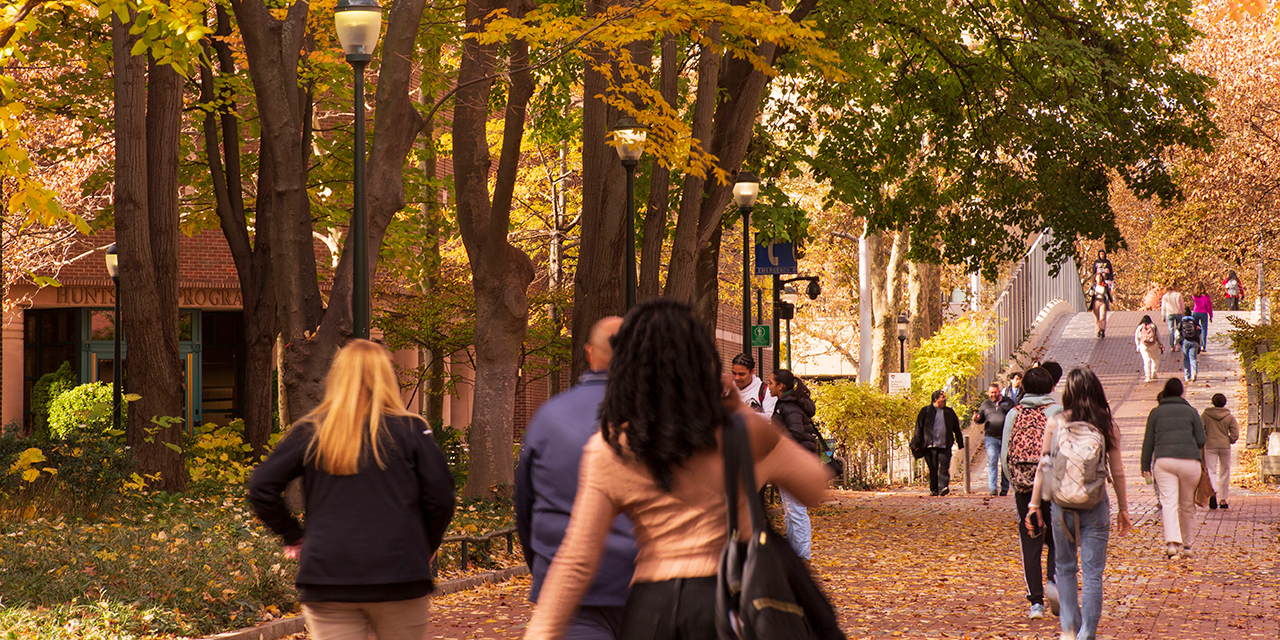The latest wave of conservative critiques of elite universities might make a real difference.
We’ve seen two earlier waves of conservative criticism about the nation’s elite universities. The first began in 1951. In God and Man at Yale, a 25-year-old William F. Buckley wrote about the “struggle between individualism and collectivism.” Left-wing faculty members, he warned, were perfecting a long-term tactic for seizing power: disingenuously preaching “academic freedom” while denigrating religion, pushing Marxism (without naming it), and preempting, marginalizing, and punishing dissenters.
Yale empaneled a special committee to debunk these charges and, in today’s vernacular, to cancel Buckley. McGeorge Bundy, the future Harvard faculty dean who later penned the “sustained reprisal” memorandum that escalated the Vietnam War, wrote “The Attack on Yale” for The Atlantic. Buckley’s book, intoned Bundy, was “dishonest . . . false . . . and a discredit to its author.” How dare “Mr. Buckley” suggest that Yale was becoming “anti-Christian and anti-capitalist”; after all, “outright Marxists and Communists are exceedingly rare” at the school.
Thirty-six years later, in 1987, the second wave of conservative critiques began, with Allan Bloom’s surprise bestseller, The Closing of the American Mind. Bloom, then a 47-year-old professor of philosophy, had taught at several elite universities. Students, he reported, were addled by too much TV and rock music. Faculties were dominated by radical feminists, racialists, and pseudoscientists preaching relativism but practicing a novel form of nihilism. They rewarded students—not for believing in nothing, but for never challenging their teachers’ favorite left-wing brands of nothing. Bloom’s book was followed by other exposés of the academy, including, in 1990, Roger Kimball’s Tenured Radicals.
The third wave began last fall in reaction to concerns that elite universities have become hotbeds of anti-Semitism—and of an ideological Leftism more virulent than Buckley or even Bloom could have imagined. What distinguishes this wave from its predecessors is a broader public awareness of the university problem.
A 2023 Gallup survey revealed that only 17 percent of Americans had “a great deal of confidence” in higher education, down from 28 percent in 2015. Several factors beyond the radical climate on campus contribute to this decline in trust, including the sense that universities are out of touch with the day-to-day material lives of most Americans. Harvard and nine other leading universities, with endowments totaling $237 billion in 2022 (an increase of $65 billion since 2018), received $33 billion in federal grants and contracts from 2018 to 2022. Meantime, in 2022, the real median annual household income in the U.S. was $74,580, while the average cost to attend an Ivy League university for one year was $83,046. Additionally, federal law allows “nonprofit” universities to earn royalties and licensing revenues from taxpayer-funded research that leads to commercial products, such as new drugs.
University leaders themselves now seem increasingly aware of how they have walled themselves off from realities that most other adults must face. Even top business executives don’t have tenure; they know they can lose their jobs. Most people accept the need to work alongside others who aren’t like them, who don’t like them, and whom they don’t like. Most organizations, including the small businesses that still power the American economy, hire more people and pay people more money only when they increase their productivity. Most Americans don’t have college degrees—and work with other people who don’t. Most people can’t earn a full-time salary with good benefits by working 28 weeks a year (14 weeks each semester) for less than 20 hours each week, with summers off, as tenured professors do.
Might the third wave make a positive and practical difference in the character and quality of higher education? My cautiously upbeat answer is inspired by something that Buckley once said to me. In 1997, I reviewed his book Nearer, My God for National Review. He sent me a lovely letter, and we spoke by phone. He asked me how things were going at Princeton (he’d heard that I’d been under some unfriendly fire there). He knew from an earlier conversation that I thought the conservative critiques were often overheated, and I asked him whether he thought Bloom’s book, then a decade old, had made any real difference. “Nope,” he replied, “all stir.” But it might help, he quipped, if professors switched places with “secretaries and janitors” for “one month.”
More than ever before, the secretaries and janitors now seem to be on the case.
Photo: Catherine McQueen / Moment via Getty Images






